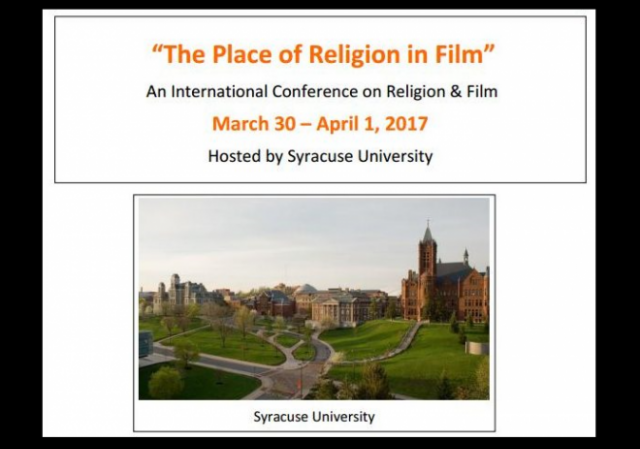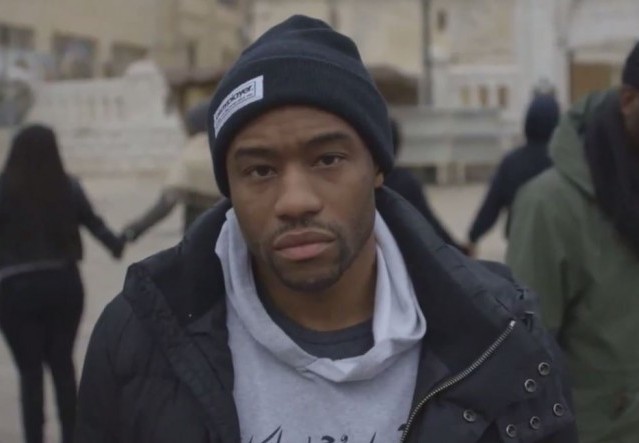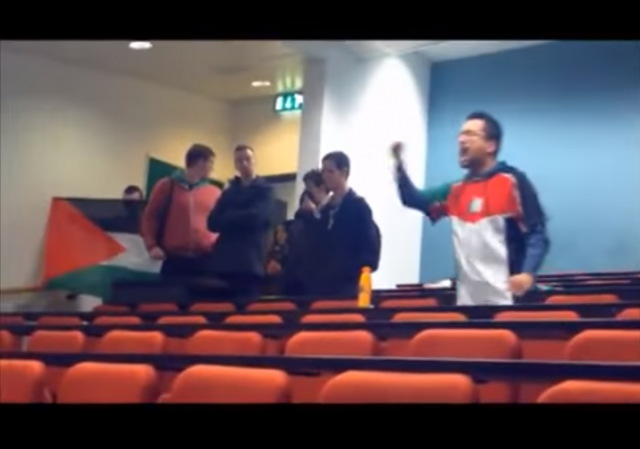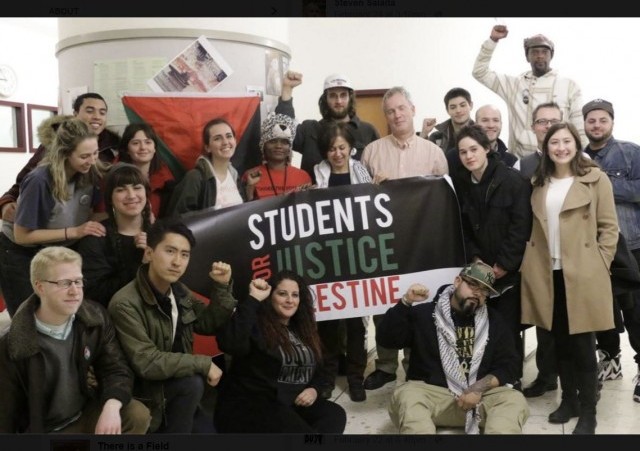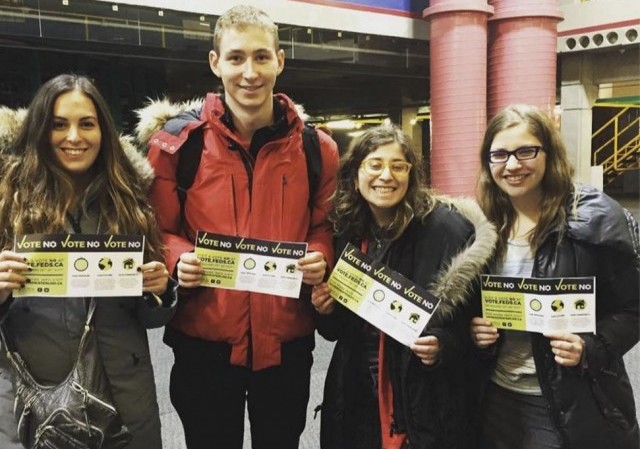A coalition of anti-Israel students at the University of Waterloo obtained 4000 signatures to put a
resolution to a full student body vote completely severing ties with several Israeli academic institutions:
In November 2015, the Federation of Students received a petition of over 4000 signatures to initiate a referendum for the following question:
"Do you think the University of Waterloo should sever ties with the following institutions due to their complicity in violations of the human rights of Palestinians: University of Haifa, Hebrew University of Jerusalem, Technion - Israel Institute of Technology, Tel Aviv University, and the Weizmann Institute of Science?"
As per the Feds by-laws, "A Referendum for any purpose connected with the affairs of the Corporation may only be called by: A requisition in writing of either twenty-nine hundred (2900) voting members or at least ten percent (10%) of the voting members of the Corporation, whichever is fewer.." Feds President Chris Lolas was then to verify the validity of the signatures. It was determined that over 2900 signatures were from voting members of Feds, and a referendum was called.
The resolution would have been non-binding on the University, but would have committed student government to advocating for the boycott, including cancellation of a
2014 academic cooperation agreement with The Technion, frequently referred to as Israeli's MIT.
This was not just a "divestment" resolution, it was a full-blown academic BDS resolution. The only other such vote I'm aware of in the U.S. was at Bowdoin College in May 2015, which overwhelmingly was
rejected by the student body.
After an intensive campaign from both the "
Yes" and "
No" (also
here) sides, the results were just
announced by the student government:

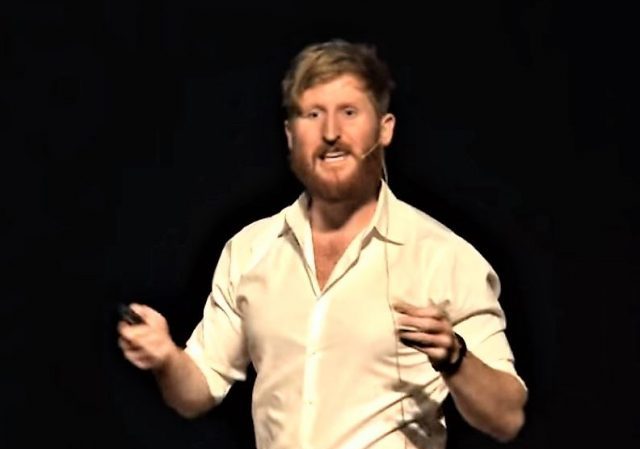
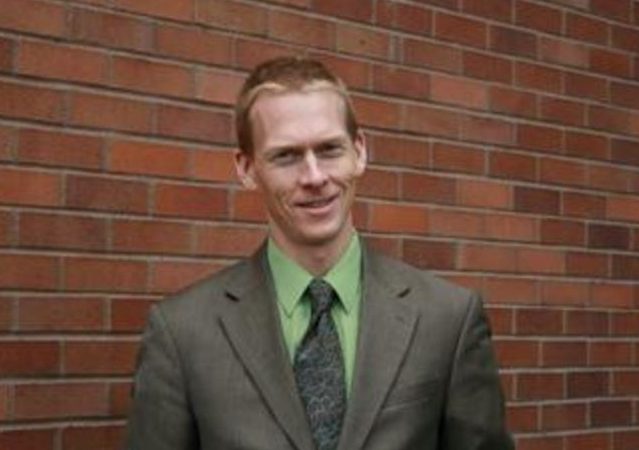
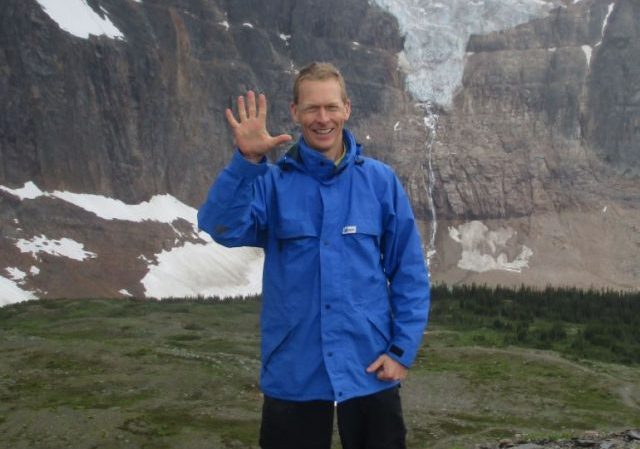

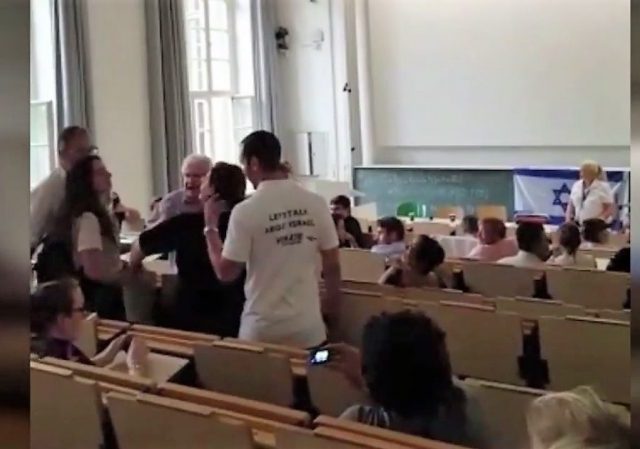
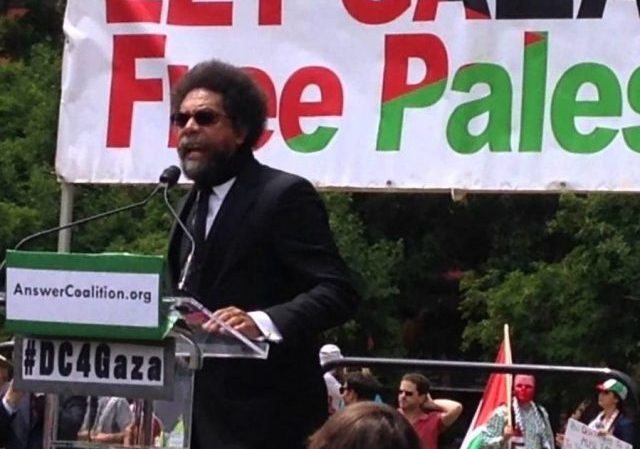
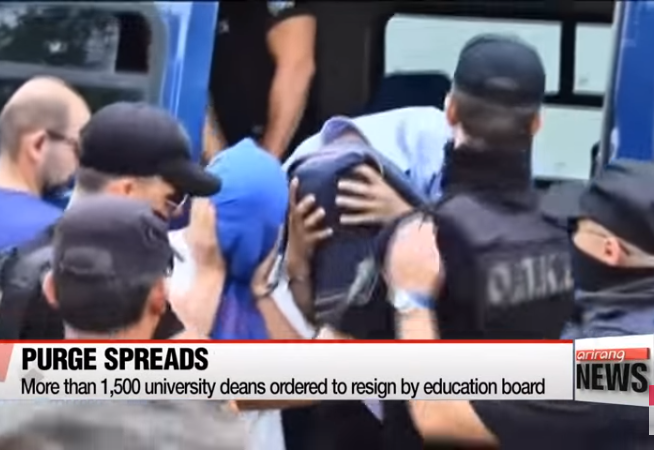

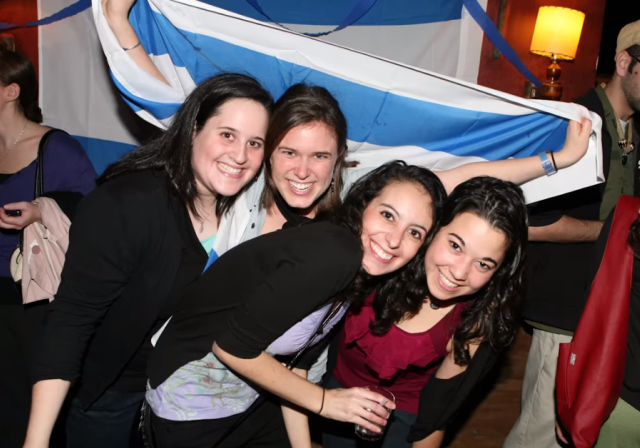


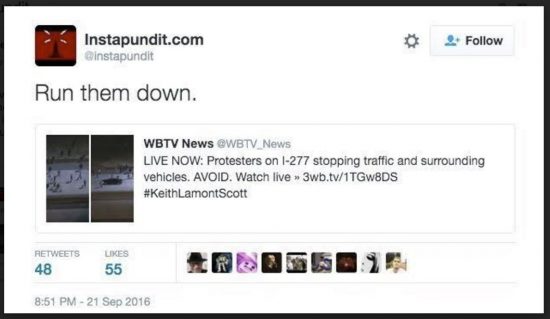 Any reasonable person would have understood that tweet to mean that if threatened with deadly force by the rioters, you could escape by driving through the mob. That tweet and advice was consistent with
Any reasonable person would have understood that tweet to mean that if threatened with deadly force by the rioters, you could escape by driving through the mob. That tweet and advice was consistent with 
